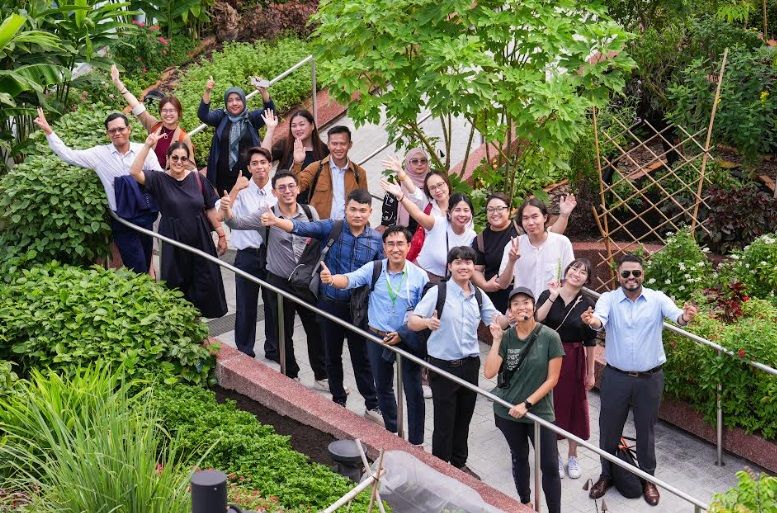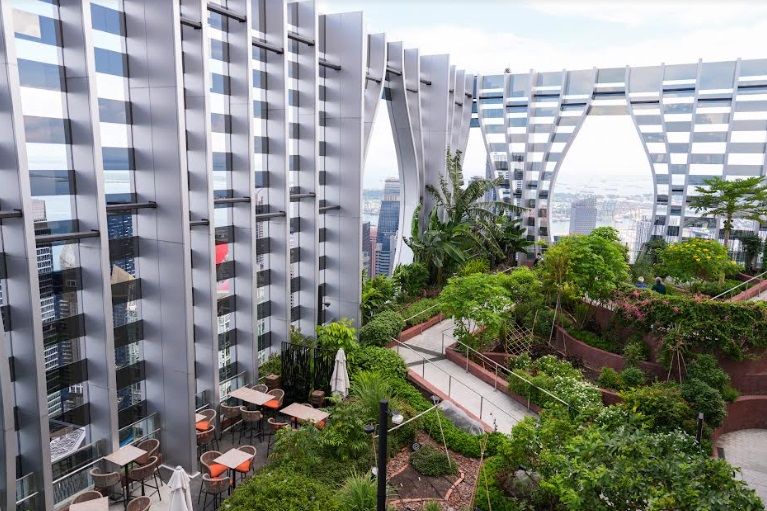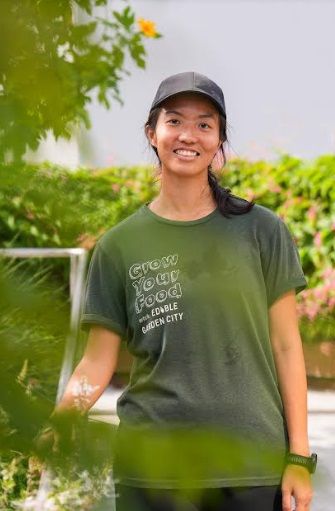How sustainable urban farming is shaping Singapore's future
Edible Garden City, an award-winning social enterprise, fosters social change through community-centric agriculture, helping cities become more self-sufficient with the help of local farmers
When we think about farming, rural countryside often comes to mind, as we believe it’s the only place for it. However, with rapid urbanization addressing demographic challenges, metro cities are now filled with developments, leaving little room for green spaces.
This is a challenge faced worldwide, particularly in Southeast Asian countries. It's projected that 65 percent of the world’s population will be urban by 2025. The 2022 Association of Southeast Asian Nations (ASEAN) Sustainable Urbanization Report noted that the pandemic has significantly impacted urban life in the region due to demographic trends. Major cities prioritize housing and development over green spaces, including areas for growing edible plants.

However, Singapore has shifted this trend, combining urban living with farming right in the city. During the recent Journalist Visit Programme of the Singapore International Foundation, the Manila Bulletin explored urban farming in Singapore, focusing on the Edible Garden City (EGC). This award-winning social enterprise fosters social change through community-centric agriculture, helping cities become more self-sufficient with the help of local farmers.

One notable example by EGC is 1-Arden Chef’s Garden. This urban farm is located on the roof deck of CapitaSpring, Singapore’s fourth tallest building. Beyond serving as a "green lung" in the city, this farm leads the "grow your own food" movement globally.
"At EGC, we are actively doing our part to build more edible gardens, particularly in schools and social welfare institutions, as we believe that working with nature has tremendous therapeutic benefits. This is a trend that is well-established in some European and American cities, and EGC will continue to champion farming for wellness in Singapore," the organization shared.
The farm reintroduces the farm-to-table concept, reducing the carbon footprint as restaurants and other food establishments can source their ingredients directly from this urban farm, drastically cutting down on food miles. EGC farmers use permaculture methods, such as growing different plants together, which reduces the need for pesticides.
The initiative aligns with Singapore's mission to green buildings, aiming to reduce energy consumption from air conditioning by using lush greenery to mitigate the sun's effects on the buildings. Rooftop gardens also provide a much-needed breather for stressed-out residents, offering a connection to nature in dense urban areas. This helps foster a sense of community as residents nurture plants together.
"Many city dwellers yearn to be more connected to nature, especially those living and working in dense urban areas. Rooftop gardening offers residents the chance to unwind by nurturing soil and plants, fostering a stronger sense of community and belonging."

EGC Head of Schools and Programming Rebecca Neo, both a farmer and educator, appreciates sharing her gardening knowledge, as the social enterprise also offers gardening courses for children and the elderly.
The concept of urban farming at EGC teaches other countries that while space remains a challenge in densely populated cities, eco-friendly solutions exist. You too can become an urban farmer in your own space today.